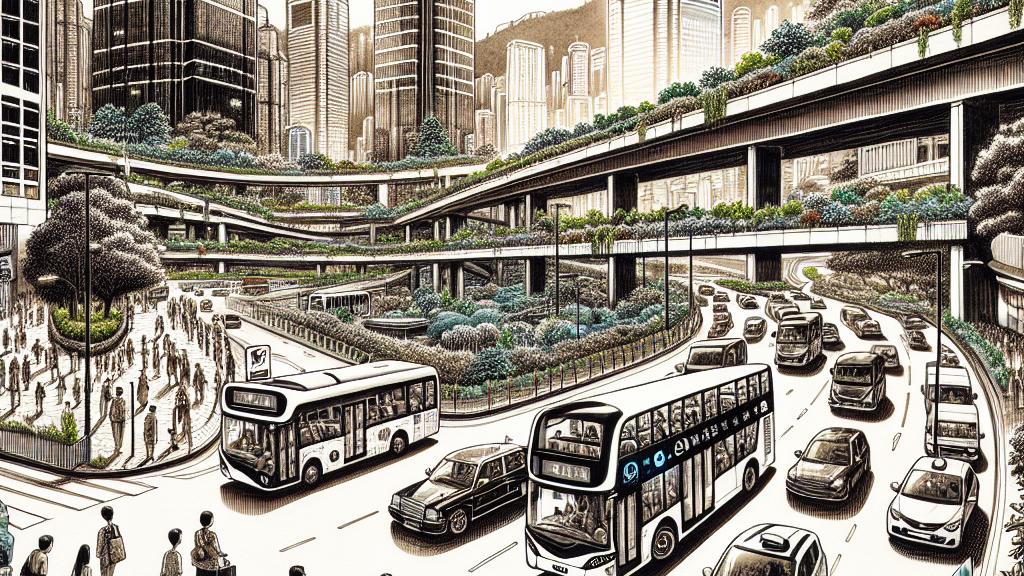Transforming Transportation: Hong Kong's Journey to Electric Buses and Taxis
Overview
- Hong Kong is investing HK$600 million to transition to electric vehicles.
- The city targets zero vehicular emissions and aims for carbon neutrality by 2050.
- Key initiatives focus on expanding charging infrastructure and offering substantial subsidies.

A Bold Vision for Electric Vehicles in Hong Kong
In a significant step towards a greener future, Hong Kong is setting the stage for a transformative shift to electric vehicles (EVs) with a substantial investment of over HK$600 million (roughly 2.6 billion baht). The commitment focuses on revolutionizing public transportation to combat the pressing issues of air pollution and climate change. With goals set for zero vehicular emissions by 2050, this exciting initiative underscores the urgency of modernizing the city's antiquated diesel fleets. As Secretary for Environment and Ecology, Tse Chin-wan, articulates, this is not just about vehicles; it’s about nurturing a sustainable urban environment that benefits the community and future generations.
Subsidy Schemes: Empowering the Transition
To incentivize taxi and bus companies to make the leap to electric, Hong Kong’s government is introducing an innovative subsidy program this month. The objectives are ambitious: officials plan to facilitate the arrival of approximately 600 electric buses and an impressive 3,000 electric taxis into the city’s transport system by the close of 2027. With the cost of electric vehicle batteries decreasing and a wider variety of models available, taxi operators and the government are hopeful about achieving success. These subsidies are designed not only to ease the financial burden of transitioning but also to spark a collective discussion about addressing the specific concerns raised by operators, thus fostering a collaborative approach to this monumental shift.
Building Essential Infrastructure for Sustainable Mobility
A cornerstone of this visionary plan revolves around expanding the necessary infrastructure for electric vehicles. Hong Kong aims to launch at least 500 new charging stations by 2027, with a goal to reach an astonishing total of 3,000 by 2030! This bold initiative includes partnerships with traditional petrol stations and dedicated taxi ranks to ensure convenience and accessibility for both residents and visitors. This approach parallels successful strategies implemented in places like Hawaii County, where expanding public access to chargers catalyzed electric vehicle adoption. By ensuring robust infrastructural support, Hong Kong not only reduces range anxiety but also paves the way for a sustainable future in urban mobility, highlighting the government's dedication to a cleaner, greener city.

Loading...